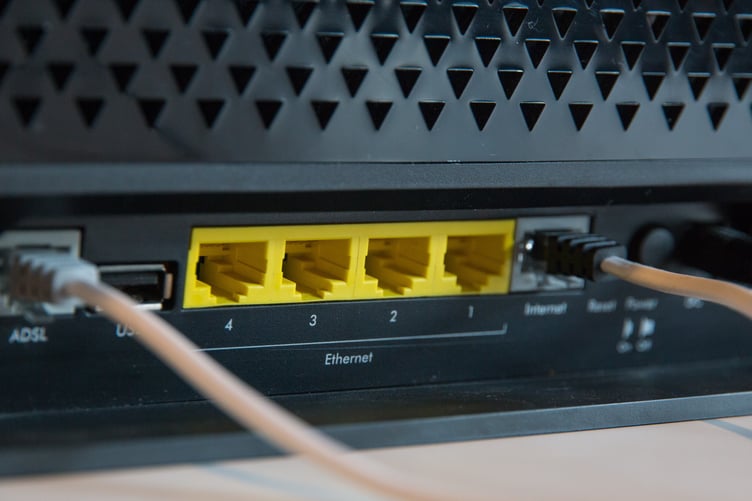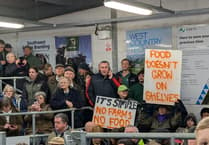Broadcast 2040+, a campaign which aims to protect access to broadcast TV and radio, is highlighting worrying predictions laid out in a new report by EY*, that show 17 per cent of premises in the South West will still not have high-speed broadband in 2040.
The report ‘TV Distribution After 2034’ predicts that take up of high-speed broadband will still leave 17 per cent of premises without the service in 2040.
This highlights a critical issue in accessibility, affordability and usage of broadband services in the region.
The report forecasts a concerning trend in broadband take-up in the South West with the current take up being 69 per cent. By 2035, it is expected to slightly increase to 81 per cent, followed by a further minor increase to 83 per cent by 2040, despite higher levels of coverage.
The digital divide has significant implications, especially for vulnerable groups in the South West, such as the elderly, disabled individuals, rural communities, and low-income households.
Nationally, the report says some 5.5-million UK premises will still be without a high-speed broadband subscription by 2040.
The report also focuses on the barriers to broadband take-up, such as affordability and a lack of digital skills, particularly among older and disabled residents. Currently, 34 per cent of people aged 65 and over in the region do not have internet access at home, and affordability issues affect a significant number of households.
In response to these findings, the Broadcast 2040+ campaign is advocating for the government to extend the protection of traditional TV and radio services beyond the current 2034 cut-off year.
This action is seen as crucial in guaranteeing that everyone, especially those in vulnerable groups, maintain access to essential information and entertainment.
Citizens Advice Cornwall communications officer, Wailim Wong, said: “We are concerned about the issues highlighted in the EY report.
“The disparities between coverage and actual usage underscore a pressing issue that directly impacts the most vulnerable members of our community, including the elderly, disabled and those in rural areas who make-up a large proportion of people who come to see us for help.
“The digital divide poses significant challenges, and the projected figures for the South West are disheartening.
“This is not just an issue of internet access; it’s about ensuring inclusivity and equal opportunities for all, and ensuring no one is unplugged from society.
“It’s more clear than ever that traditional broadcast TV and radio will continue to play a vital role in society for many years to come, and extension of protection for these services beyond 2034 is required.”





Comments
This article has no comments yet. Be the first to leave a comment.